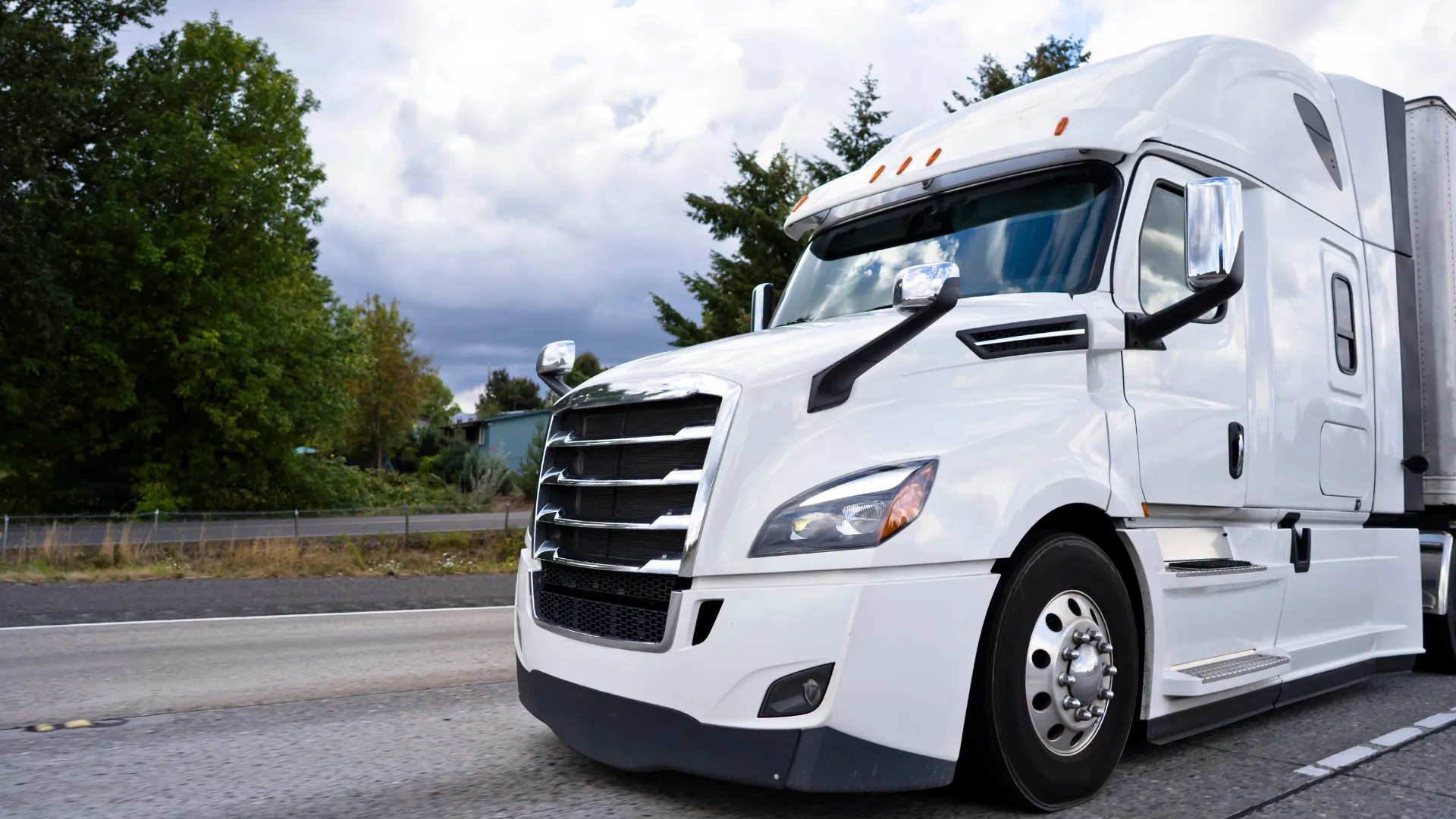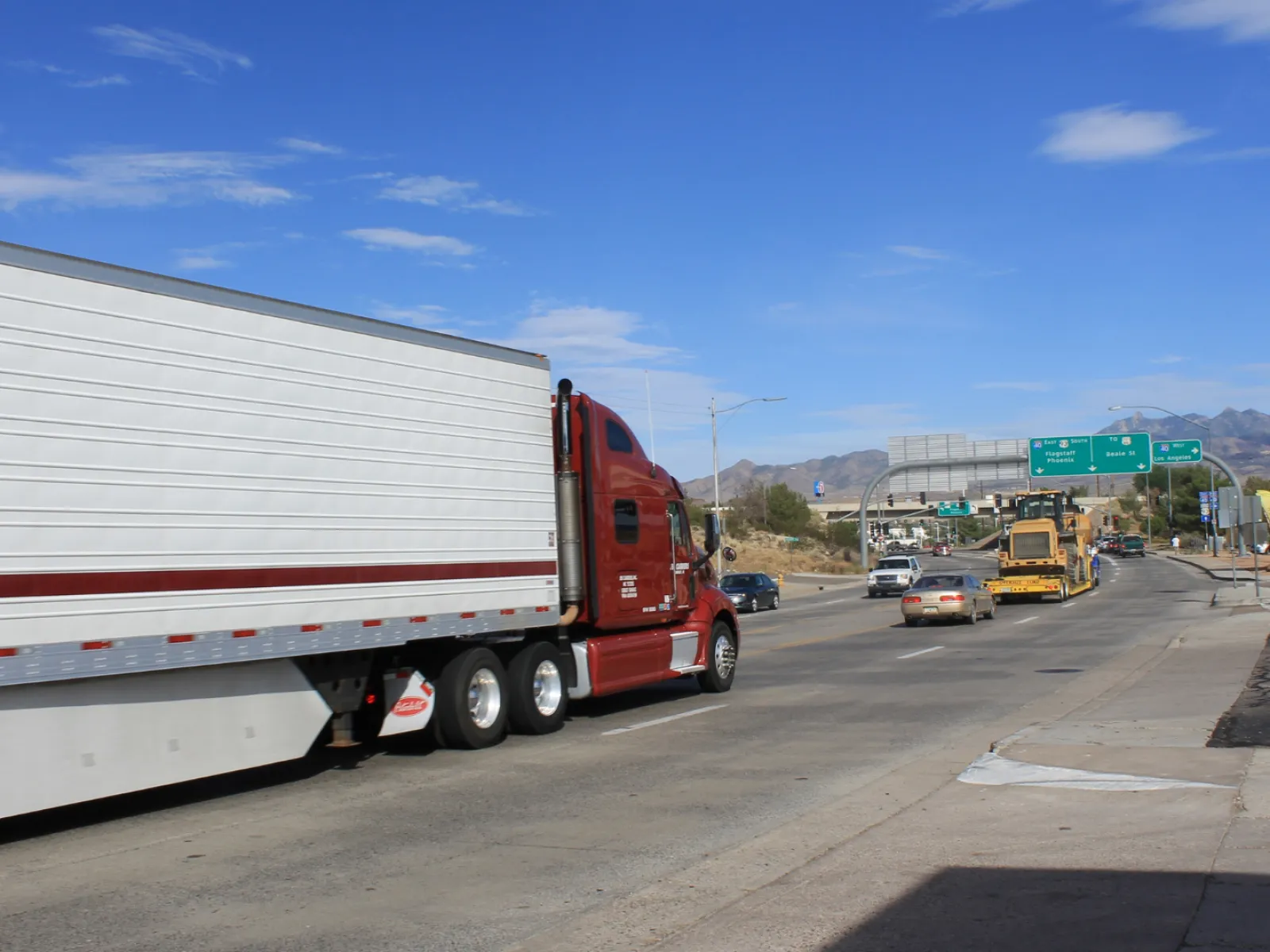
Partial Truckload Shipping
Save money on your shipment today
What is PTL (Partial Truckload)?
Partial truckload (PTL) shipping is a type of freight shipping that's ideal for shipments larger than less-than-truckload (LTL) but smaller than full truckload (FTL). It combines the cost-effectiveness of FTL shipping with the flexibility of LTL shipping, making it a popular choice for many businesses.
What are the Advantages of Partial Truckload Shipping?
One of the main advantages of PTL shipping is that it offers cost savings compared to FTL shipping, as businesses only pay for the space their shipment takes up in the truck. Additionally, PTL shipping is faster than LTL shipping because it doesn't require multiple stops for consolidation and deconsolidation. This means that businesses can get their shipments delivered more quickly, which can be important for time-sensitive or urgent shipments.
What Type of Shipper Uses Partial Truckload Shipping?
PTL shipping is commonly used by businesses that have shipments that are too big for LTL carriers but don't require a full truckload. This includes manufacturers, wholesalers, distributors, and retailers that need to ship larger quantities of goods on a regular basis. PTL shipping is also a good option for businesses that need faster transit times or have time-sensitive shipments that require dedicated trucks for faster delivery.
Differences Between LTL and PTL Shipping:
LTL Shipping
-
Smaller, lighter loads
-
Shares trailer space with other shippers (consolidated freight)
-
Multiple handling points as freight is added/removed
-
Standard, often slower transit times
PTL Shipping
-
Larger loads that still don't fill an entire truck
-
Uses a dedicated truck for your freight only
-
No transfers between dock and trailer, minimizing handling
-
Faster, more direct transit with lower risk of damage or loss
What Our Customers Have To Say

What Factors Contribute To PTL Pricing?
There are several factors that contribute to the price of a PTL (Partial Truckload) shipment. The weight and size of the shipment play a crucial role in determining the price. The larger and heavier the shipment, the higher the cost.
The type of freight being shipped is another factor that affects the price. Hazardous materials, fragile items, and perishable goods may require special handling and packaging, which can increase the cost. The delivery method also impacts the price, as expedited shipping or specialized equipment may be required for certain shipments.
Finally, loading requirements such as the need for a liftgate or pallet jack can also add to the cost of a PTL shipment. As a logistics company, RS Group understands the importance of these factors in determining the price of a PTL shipment and works to provide competitive pricing for its customers.